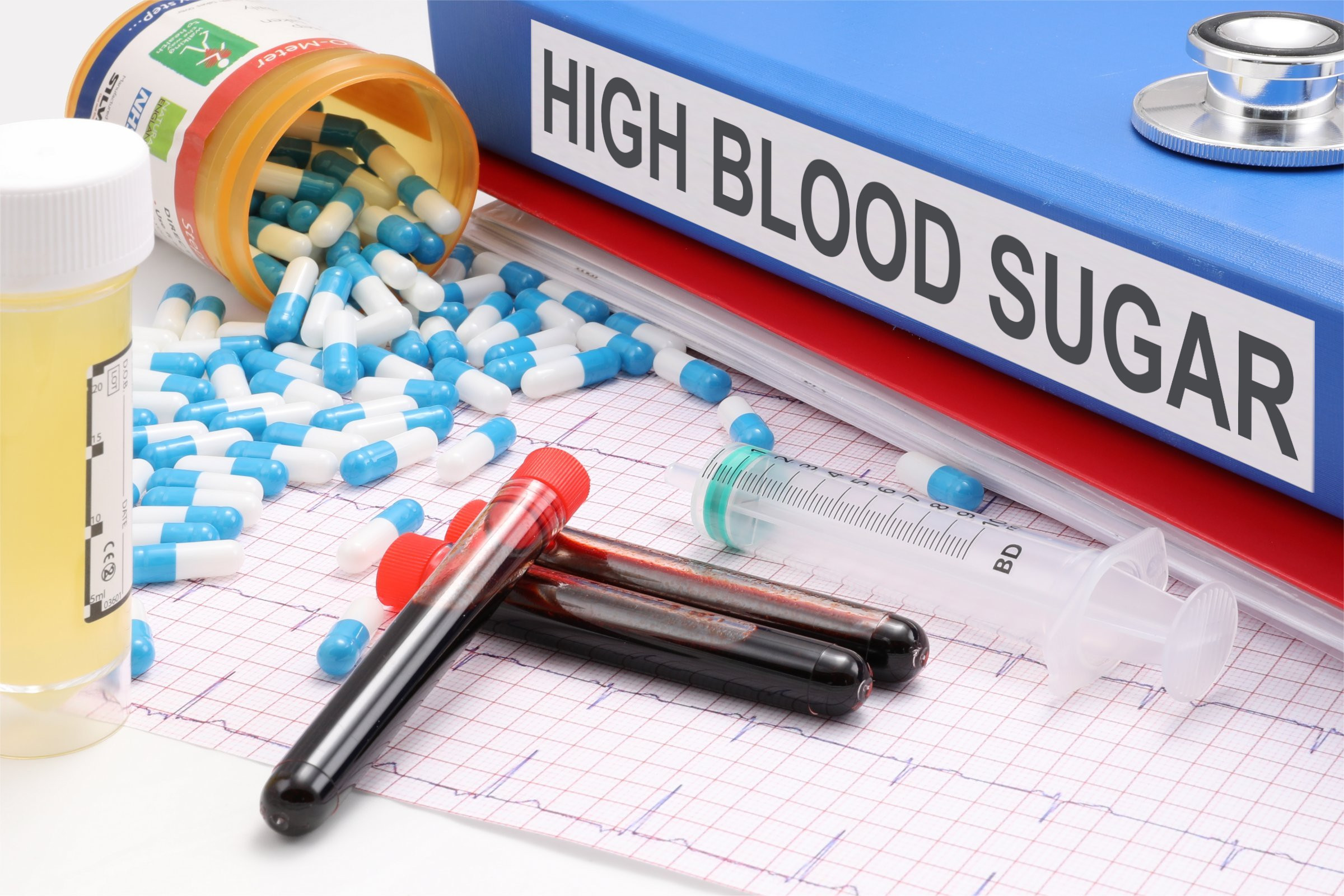Can't eat pasta with high blood sugar? Nutrition experts: Yes, if you do
If you have high blood sugar, you can resist pasta? Generally speaking, the human body needs three major nutrients-carbohydrates, protein, and fat, of which carbohydrates account for 45% to 60%. Diabetes patients do not eat pasta to control blood sugar. take.
Many people know that eating pasta raises sugar quickly, but why is it so?
Why does eating pasta increase blood sugar?
Glycemic Index (GI) is used to measure how much blood glucose response the human body will cause after eating certain foods, (GI)>70 is a high glycemic index food, such as steamed bread, noodles, etc. After entering the gastrointestinal tract, the digestion is fast, the absorption rate is high, and the glucose enters the blood quickly, which causes high blood glucose peaks; (GI) <55 is a low glycemic index food, and its digestion, absorption, and blood glucose are reversed.
GI is affected by many factors, including the type of sugar in the food, low GI with more fructose; the physical properties and cooking methods of the food, such as the degree of starch gelatinization, the chemical composition of the food, and the substance content in the food, such as Dietary fiber, fat, protein, etc., high-fat, high-protein foods can reduce the emptying capacity of the stomach, reduce starch gelatinization, and usually have a low GI.
Although the GI of pasta is relatively high, as long as you control the amount, learn to match it properly, and master some dietary tips, people with diabetes can still enjoy pasta.
There are three main reasons for the high blood sugar caused by eating pasta. Take noodles as an example. One is that eating noodles is easy to overdo, and it is easy to cause blood sugar to rise. Second, some people eat noodles very fast, which can also cause blood sugar to rise. The third is to eat refined noodles, which increases the risk of elevated blood sugar.
Tips for controlling blood sugar and eating pasta
Pay attention to the combination of thickness: the staple food is quantitative, and the thickness is matched. Whole grains and miscellaneous beans account for 1/3.
Sugar friends can make miscellaneous grain noodles or buckwheat noodles, etc. The ratio of miscellaneous grains to fine grains is between 1:2 and 1:3. Try to control the total amount of noodles in each meal within 100g, and at the same time match 2 times the leafy vegetables, meat, etc., eat more dietary fiber: celery, bamboo shoots, fungus, etc. are rich in natural dietary fiber. This not only makes you feel full but also delays the increase in blood sugar after a meal. You can also put some vinegar, vinegar can delay the emptying time of the stomach of the noodles, also lower blood sugar, and have a better sugar control effect.
pay attention to the order of eating
The order of eating: drink the soup first, then vegetables, then staple food. Extending the noodle intake time is also very effective in delaying the increase in blood sugar. For breakfast, milk or eggs are generally consumed first to increase the protein in the staple food, thereby reducing gastric emptying and the digestibility of food in the small intestine, so as to avoid excessive insulin secretion and prevent the occurrence of hypoglycemia before lunch.
Pay attention to the processing time
In the process of processing, starch granules expand to varying degrees under the action of water and heat, and some even break and decompose, making them easy to digest; the smaller the food granules, the easier it is to be hydrolyzed and absorbed, and its glycemic index is also The higher, the food should not be too fine. If you eat noodles, it is best to choose noodle soup, which will be slightly harder and digestion will be slower. Try to eat less porridge, batter, glutinous rice, and rotten noodles.
Pay attention to chewing slowly
The digestion of food into blood sugar in the gastrointestinal tract requires a process. If eating is slow, the digestion process of the gastrointestinal tract will also be slowed down, thereby reducing the speed of blood sugar conversion and reducing the impact on blood sugar in a short time. In addition, chewing slowly can make food stimulate the digestive tract to produce intestinal hypoglycemic hormones.

Comments
Post a Comment